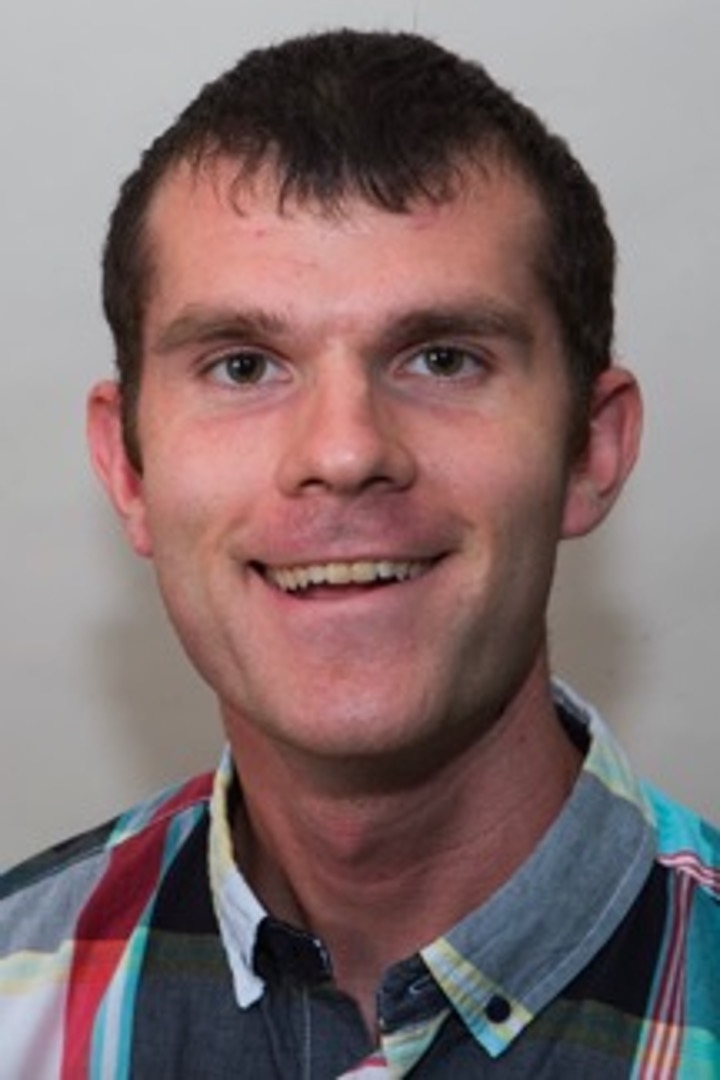Important Dates
| Pre-submission mentorship application |
|
| Submission deadline |
|
| Acceptance notification |
|
| Camera-ready due |
|
| Workshop | Nov 1 (Wed), 2023 |
Follow Us on Twitter!
Tweets by AACL_SRWKeynote Speaker
We are delighted to have Tom McCoy as our keynote speaker at the Student Research Workshop (SRW) of IJCNLP-AACL 2023! The following are the details of the keynote (virtual) talk.

Topic
Understanding and controlling neural networks through the problem they are trained to solve
Abstract
Neural network language models, such as ChatGPT, have shown tremendous advances in recent years. However, these systems are notoriously difficult to understand and control. In this talk, I will discuss a perspective that mitigates these issues: approaching neural networks through the problem that they are trained to solve. The first part of the talk will discuss how this perspective enables us to predict some important limitations of large language models - an analysis supported by empirical results demonstrating some surprising error patterns that GPT-4 shows on seemingly simple tasks. In the second part of the talk, I will show how the same perspective can also enable us to control neural network models. Specifically, we can distill the priors of an interpretable Bayesian model into a neural network through a meta-learning framework in which the network’s goal is to handle the types of learning scenarios that the Bayesian model captures. Like a Bayesian model, the resulting system can learn well from a small number of examples; like a neural network, it can also learn well from naturalistic data. The system thus combines the complementary strengths of Bayesian models and neural networks - a reconciliation made possible by intervening on the computational problem that the neural network is trained to solve.
Biography
Tom McCoy is a postdoctoral researcher in the Department of Computer Science at Princeton. He received his PhD in Cognitive Science at Johns Hopkins. Starting in January 2024, he will be an Assistant Professor of Linguistics at Yale. In his research, he aims to bridge the divide between linguistics and NLP: How can we use theories from linguistics to help us understand and evaluate NLP models, and how can advances in NLP help us answer questions from linguistics?